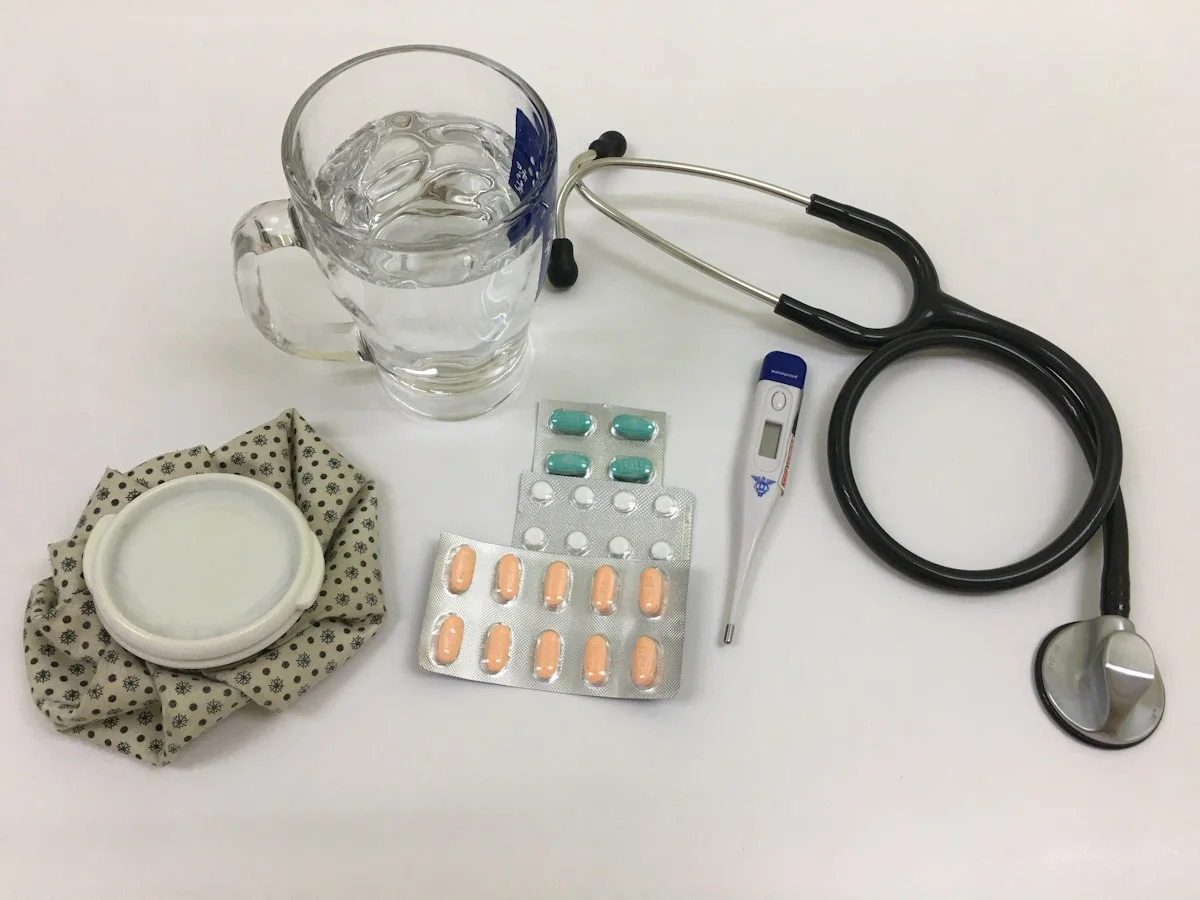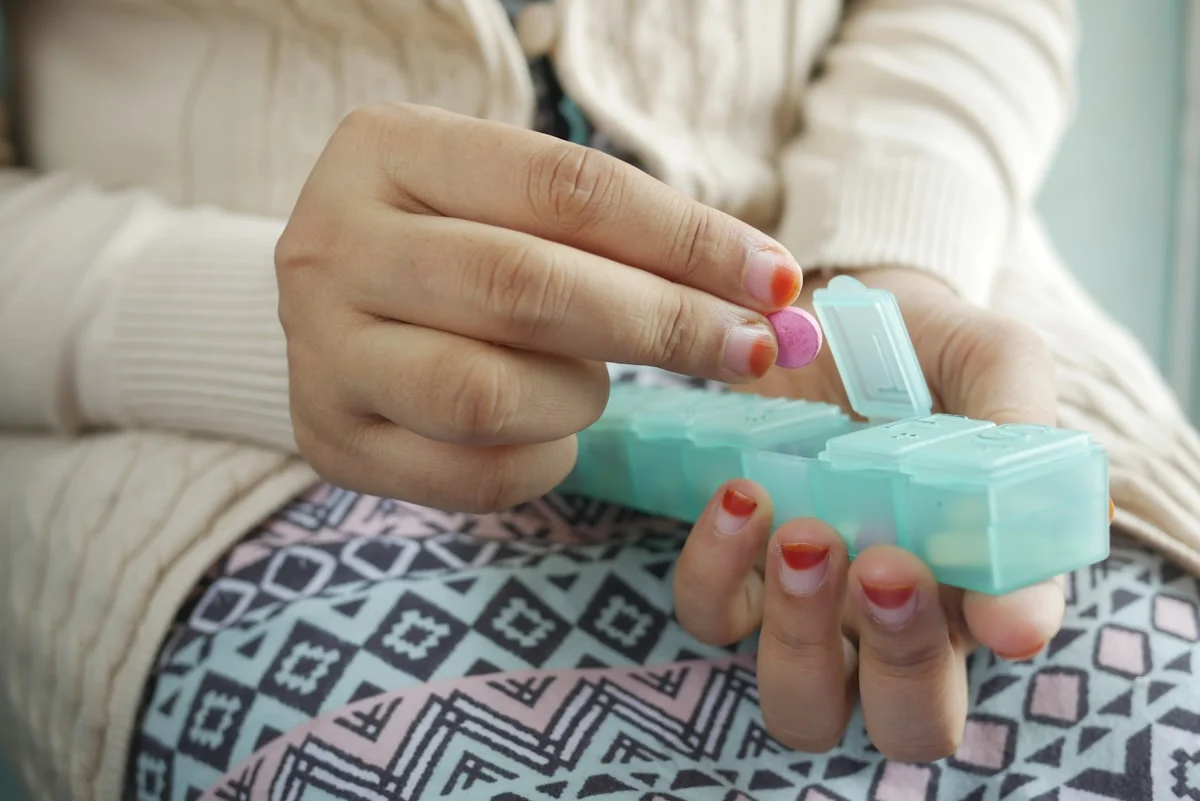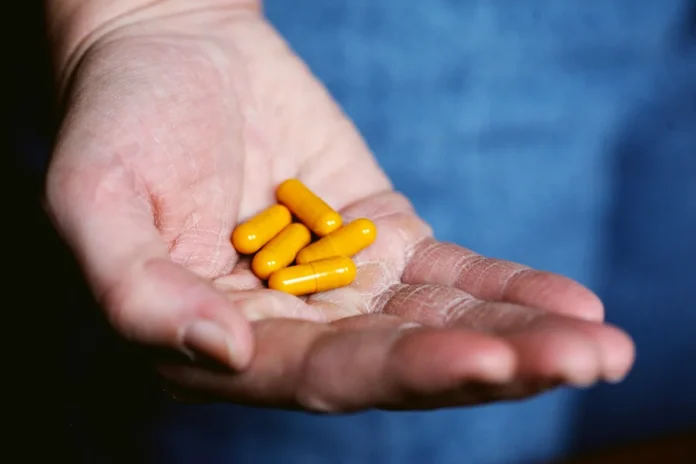“`html
What Is the Safest Bipolar Disorder Medication? A Comprehensive Guide
Bipolar disorder is a complex mental health condition characterized by extreme mood swings, including emotional highs (mania or hypomania) and lows (depression). Managing bipolar disorder often requires a combination of therapy and medication. But with so many options available, how do you determine the safest bipolar disorder medication? In this guide, we’ll explore the most effective and safest treatments, their benefits, potential side effects, and real-life case studies to help you make an informed decision.

Understanding Bipolar Disorder and Medication Safety
Before diving into specific medications, it’s essential to understand what makes a drug “safe” for bipolar disorder. Safety depends on factors such as:
- Effectiveness: How well the medication stabilizes mood swings.
- Side effects: The severity and frequency of adverse reactions.
- Long-term use: Whether the medication is sustainable over time.
- Individual health: How the drug interacts with a person’s medical history.
No single medication works for everyone, but some are generally considered safer based on clinical research and patient outcomes.
Common Medications for Bipolar Disorder
Bipolar disorder is typically treated with mood stabilizers, antipsychotics, and sometimes antidepressants. Below are the most commonly prescribed and safest options.
1. Lithium: The Gold Standard
Lithium has been used for decades and remains one of the most effective mood stabilizers for bipolar disorder. It’s particularly effective at preventing manic episodes and reducing suicide risk.
Pros:
- Highly effective for mania and long-term mood stabilization.
- Reduces suicide risk significantly.
Cons:
- Requires regular blood tests to monitor toxicity.
- Potential side effects include weight gain, tremors, and kidney issues.
Case Study: A 2018 study published in The Lancet found that lithium reduced relapse rates by 40% compared to placebo in bipolar patients.

2. Lamotrigine (Lamictal): Best for Bipolar Depression
Lamotrigine is an anticonvulsant that’s particularly effective for bipolar depression without triggering mania.
Pros:
- Low risk of weight gain or metabolic issues.
- Effective for preventing depressive episodes.
Cons:
- Risk of severe rash (Stevens-Johnson syndrome) in rare cases.
- Must be titrated slowly to minimize side effects.
3. Atypical Antipsychotics
Medications like quetiapine (Seroquel), aripiprazole (Abilify), and olanzapine (Zyprexa) are often prescribed for acute mania and maintenance therapy.
Pros:
- Fast-acting for manic episodes.
- Some also help with depression (e.g., quetiapine).
Cons:
- Higher risk of weight gain and metabolic syndrome.
- Potential sedation or movement disorders.
Example: A 2020 study in the Journal of Clinical Psychiatry found that quetiapine was effective in 60% of patients for both manic and depressive symptoms.
Factors That Influence Medication Safety
The safest medication varies by individual. Key considerations include:
- Type of bipolar disorder: Bipolar I (severe mania) may require stronger stabilizers like lithium, while Bipolar II (milder hypomania) might respond well to lamotrigine.
- Medical history: Kidney or thyroid issues may rule out lithium, while obesity may make antipsychotics riskier.
- Pregnancy: Some medications, like valproate, are unsafe during pregnancy.

Non-Medication Alternatives and Adjuncts
While medication is often necessary, these approaches can enhance safety and effectiveness:
- Therapy: Cognitive Behavioral Therapy (CBT) helps manage symptoms.
- Lifestyle changes: Regular sleep, exercise, and a balanced diet support mood stability.
- Supplements: Omega-3s and N-acetylcysteine (NAC) may help, but always consult a doctor first.
Conclusion: Finding the Safest Option for You
The safest bipolar disorder medication depends on individual needs, medical history, and symptom severity. Lithium and lamotrigine are among the safest for long-term use, while antipsychotics can be effective for acute episodes. Always work closely with a psychiatrist to monitor side effects and adjust treatment as needed.
Ready to take the next step? If you or a loved one is struggling with bipolar disorder, consult a mental health professional to discuss the safest and most effective treatment plan. Share this post to spread awareness and help others find the right support!
“`
This blog post is structured for readability, SEO optimization, and engagement. The placeholders for images can be replaced with relevant visuals to enhance the content. Let me know if you’d like any refinements!



